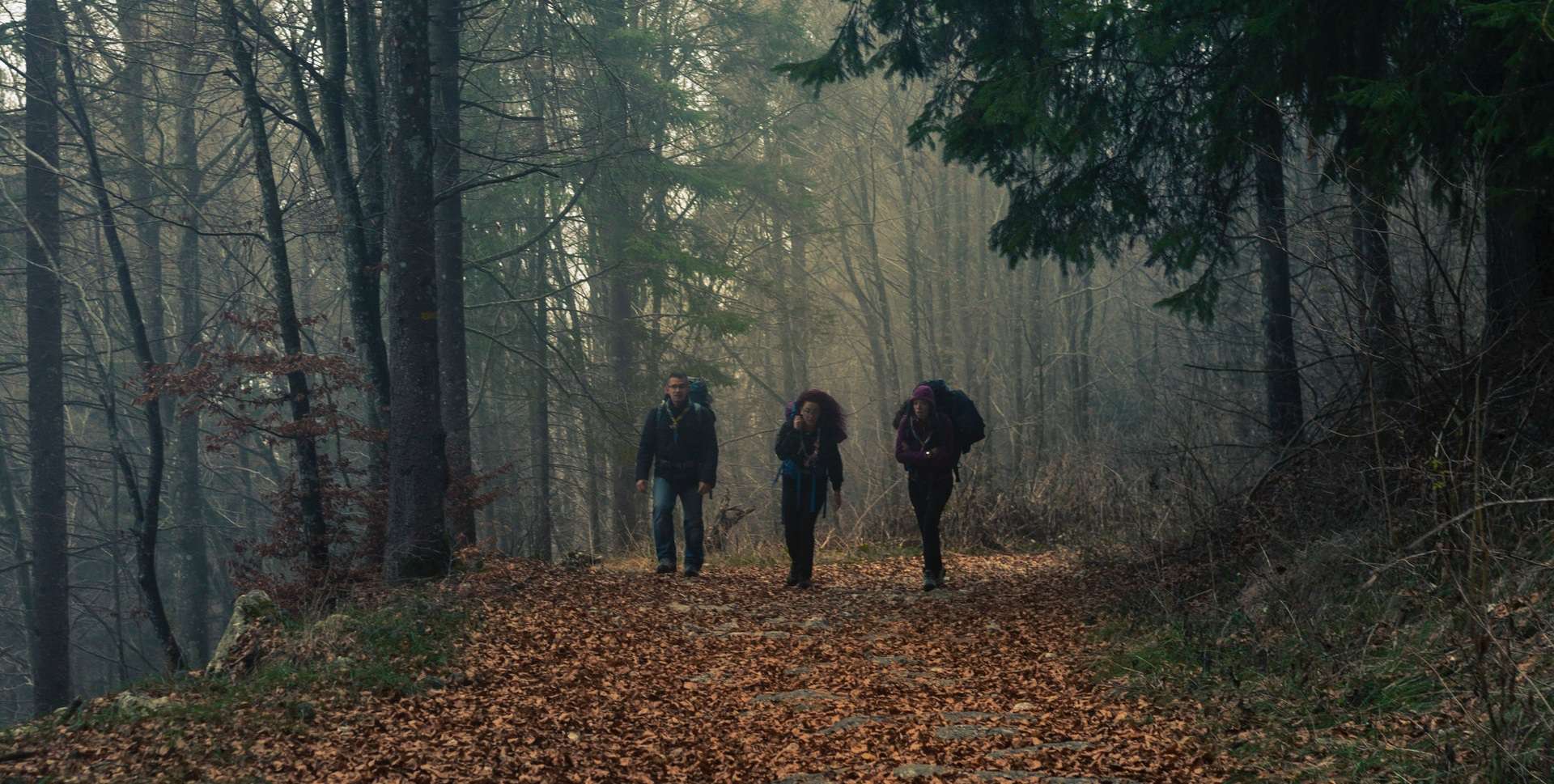When you are off into the great outdoors, a first aid kit should be one of the first things you consider packing and the one thing you really hope you don’t need on your trip.
No matter if you are camping, hiking, or backpacking a first aid kit that you paid for or created is a must for making the trip safer and more comfortable. Always have basics like painkillers, bandaids, roll bandages, gauze pads and antiseptic cream for the little cuts grazes, and bumps that are inevitable.
The further you get from the rest of the world, the more you need to take with you in case the emergency services take a while to get there – if you can call them at all that is…
Have a look at our comprehensive camping first aid kit checklist and then decide if you will make your own kit from these parts or purchase one that fits with the accidents you are most likely to “trip over” on your kind of outdoor activity. 😊
Related: Looking for a tent that can handle a big group? Find out what the best family camping tents are.
Prevention
-
Sunscreen
-
Insect repellent
-
Water
- Add new
Wound coverings, bandages, and splints
-
Roll bandages/elastic bandages
-
Adhesive tape
-
Antiseptic wipes
-
Sterile gauze pads of various sizes
-
Sterile wipes
-
Sterile compress
-
Splinting materials
-
Triangle bandage
-
Miscellaneous bandaids and bandages
-
Butterfly bandaids
-
Ace bandages
-
Moleskin for blisters
- Add new
Sterile
-
Antiseptic cream/lotion
-
Antibiotic cream
-
Antibiotic soap
-
Hydrogen peroxide
-
Sterile gloves
-
Sterile irrigation solution
-
Irrigation syringe
- Add new
Bites, stings, burns
-
Asprin/Paracetamol/Ibuprofen/Tylenol/Naproxin
-
Sunburn cream/spray
-
Snakebite kit
-
Bee sting kit
-
Poison Ivy cream/cleanser
-
Burn ointment
-
Antihistamine
-
Calamine lotion
-
Aloe Vera gel
- Add new
Over the counter medications
-
Sinus medication
-
Ipecac
-
Asprin/Paracetamol/Ibuprofen/Tylenol/Naproxin
-
Feminine hygiene products
-
Anti-acids
-
Eyedrops
-
Throat Lozenges
-
Aspirin for heart attacks
-
Rehydration salts
-
Glucose to treat hypoglycemia
-
Anti-diarrhea tablets
- Add new
Tools
-
First Aid Manual
-
Hand sanitizer
-
Cotton swabs
-
Tweezers
-
Safety pins
-
Scissors
-
Tissues
-
Thermometer
-
Medical tape
-
Razor blades
-
Blanket/reflective blanket
-
Torch
-
Heat/cold packs
-
Hi-Vis Vest
-
Road flares
-
Mirror/whistle for attracting attention
-
Duct tape
-
Water treatment tablets
-
Ziplock bag for used materials
- Add new
Personal
-
Note pad and pen
-
Personal Information/contact person
-
Phone numbers for poison control, personal doctor, local health line
-
Personal medications
-
Coins for emergency calls from a coin box
-
Other personal needs
- Add new
Baby and Children First Aid Items
-
Children’s versions of medicines: Ibuprofen for fevers as a minimum.
-
Measuring syringe
-
Diaper rash cream
- Add new
If you know what kinds of bumps scrapes and likely injuries you tend to get when you go camping, make up a kit that caters heavily to those things but don’t forget that other types of accidents can also occur and you need to cater for them too – just in case.
Homemade vs purchased first aid kit
| First Aid Kit | 👍 Pros | 👎 Cons |
🏠 Purchased Kit | Easy to find It contains most of the essentials | Not always suitable for your type of camping trip It may have cheap and low-quality components |
⛑️ DIY Kit | Customizable to your climate, terrain, and environment Sense of security as you know what’s in it Choose the options you are familiar with | It takes a bit of research and effort It might take up a bit more room Can cost more |
First aid tips
- Ultralight backpackers, rock climbers, multi-day hikers, and other more extreme trekkers tend to have a smaller, more compact first aid kit based on their experience.
- Car campers at a camping site with families tend to have first aid kits heavy on cuts, grazes sprains, and burns as these are the most common accident when you have kids around.
- Make sure you have researched any toxic or poisonous plants and animals you may come across on your trip and that you have the right antidote for it before you encounter it!
- Make sure your first aid kit is in a waterproof container and when you go hiking – Don’t leave it in the tent. Remember to take it with you!
- Always add your personal medications to the kit for any known medical conditions and check with members of your party that they have enough of their medications with them as well, plus a bit extra to last the whole trip away from home.
- Read the first aid manual before you need it and have some basic first aid knowledge if you are planning on being out of phone range or away from civilization for any length of time.
Don’t take the risk. It’s better to be safe than sorry when it comes to First Aid kits. If you have the space, take extra first aid items. One day you’ll be pleased you did.
Stay safe. Happy Camping! 😊
Next up: Heading camping while it’s wet? See our camping in the rain checklist.
Back one: Storing your camping equipment properly is essential for avoiding rust, mold and damage. Find out how to store camping gear.
